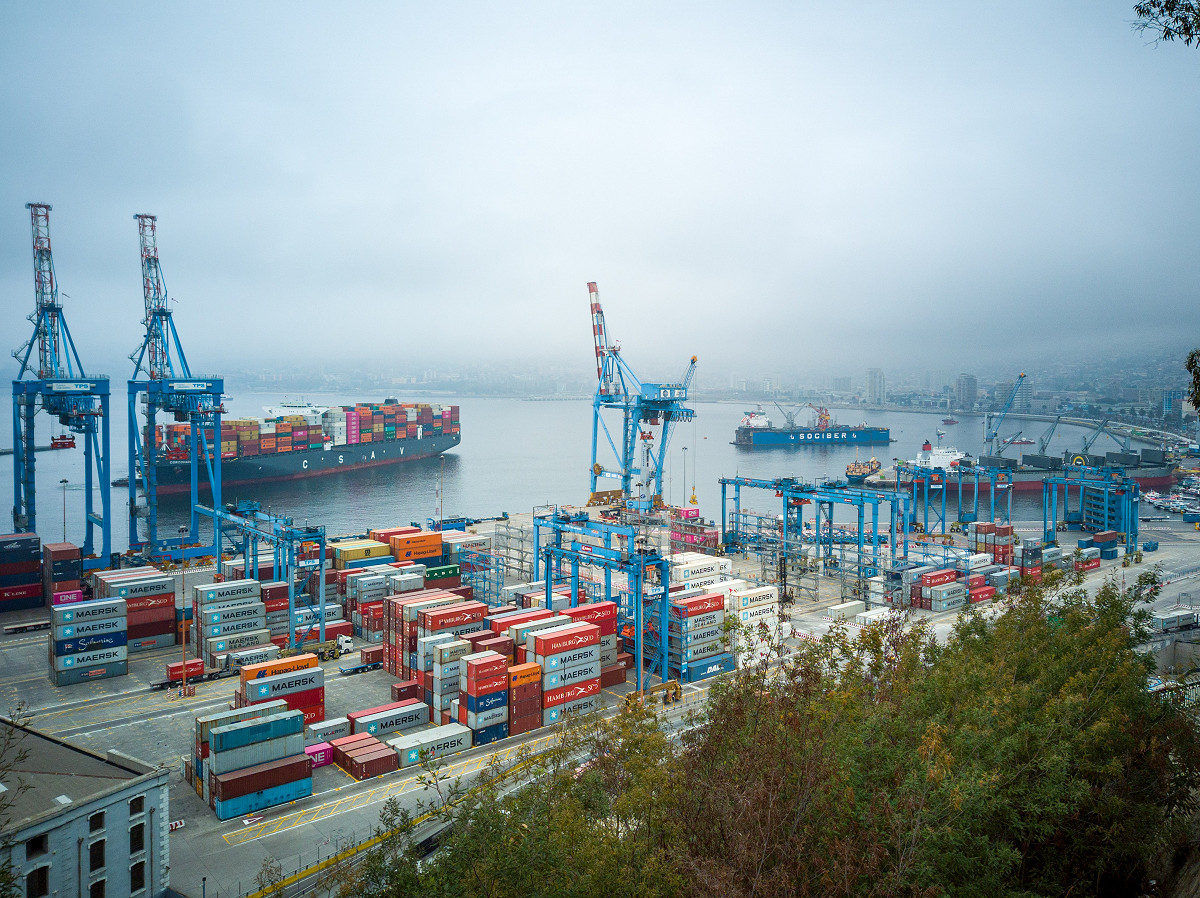
In the Autumn Statement the Chancellor, Rt Hon. Jeremy Hunt MP, announced that the full expensing of capital expenditure in plant and machinery would be extended, amounting to a £10billion a year tax cut for British industry. The scheme allows businesses to deduct the entire cost of qualifying capital investments in the year they are made, rather than depreciating the value over several years. This accelerates the tax benefits, providing an immediate boost to businesses' cash flows.
The scheme replaces the previous ‘superdeduction’ introduced in 2021. At the time the British economy was in the midst of a downturn brought about by the Covid19 pandemic and it was an attempt to boost investment to drive growth. The scheme ended in April and the Chancellor has decided to make this tax cut a permanent one. By enabling businesses to deduct the full cost of investments upfront, 'Full Expensing' serves as a powerful incentive for companies to invest in new equipment, technology, and infrastructure. This, in turn, promotes innovation and the necessary productivity gains to drive economic growth.
The Institute for Prosperity welcomes this announcement as a permanent feature. We have long called for tax incentives to be included as part of a broader Industrial Strategy to focus investment on industry to drive growth so we can sustain our quality of life and standard of living as a country. We hope that this measure will support British industry in becoming more competitive which is fundamental if we are to grow the economy. The measure should enhance the competitiveness of the UKs business environment. The tax cut should hopefully serve to attract both domestic and foreign investment, as businesses should be more inclined to set up or expand operations in a location where they can maximize their tax benefits. The UK now has the most generous tax allowances in the OECD of advanced major economies.
While the UK economic forecasts have been upgraded, our overall position is still pretty bleak. We are currently in a period of stagflation with high taxes and low growth with enormous social costs such as Climate Change, Social Care, the NHS, as well as defence becoming greater priorities. If we are to meet these additional costs and maintain our current standard of living the government is going to need to do more to incentivise investment in those highly productive areas of the economy. One of the potential outcomes of the increased deduction on capital allowances is that companies should enjoy greater cash flow with the possibility of creating new jobs. As companies expand their operations or modernize their facilities, there is a direct impact on employment levels. The government could explore further incentives on this issue by examining the possibility of a ‘manufacturing jobs tax deduction’. The qualification of a ‘manufacturing job’ would need to be defined by working with industry and could also encourage the creation of higher paid manufacturing jobs in the UK.
Businesses will take advantage of the new full expensing scheme and one of the beneficiaries should be smaller businesses. Small and medium-sized enterprises (SMEs) often benefit significantly from expensing allowances. These businesses, which may have limited financial resources and as a consequence limited capacity for expansion can take advantage of immediate deductions to reinvest in their operations, fostering growth and resilience. However, the government needs to ensure that all businesses, whether large or small, can compete on a more even footing in the global marketplace. At present it is simply far too expensive to achieve a sizable level of growth in British manufacturing as compared to countries like China, South Korea and Vietnam because it is far cheaper to invest in those countries than in the UK. In order to reverse this the government should explore the possibility of implementing a competitive exchange rate policy to make it more profitable to invest in the UK. This measure, combined with tax allowances and long-term investment in skills and training, infrastructure and connectivity would provide the great economic stimulus that the country so desperately needs. The government can spur economic activity, helping to pull the economy out of the stagflation we are experiencing and can foster a more robust recovery from the recent low growth period.
In addition to the full expensing measure the government also announced £4.5billion for strategic manufacturing sectors over five years. The government hopes the public investment will encourage businesses in strategic manufacturing sectors such as sciences, clean energy, automotive and aerospace to have confidence in the British government’s commitment to the sector. The support will be targeted to batteries and other measures to improve business such as faster grid connections. The combination of government support, tax incentives need to be brought together under a wider Industrial Strategy to set the vision for manufacturing and industry in the UK. The government is slowly edging towards an Industrial Strategy. It is taking a piecemeal approach as opposed to a more comprehensive one that will certainly be needed if we are to get Britain out of the economic malaise it is currently in. The Institute for Prosperity has a ten-point plan for manufacturing, and it could serve as a strong base from which a wider approach could be developed.
With a general election on the horizon, businesses and voters will be examining both parties’ economic policies with a particular focus on how their policies will drive economic growth. If we are to remain one of the leading industrial nations of the world and if we are to maintain our standard of living, then we need both parties to commit to a long-term plan for British industry focussed on incentives, investment and infrastructure and other supply side reforms. Those countries in the world enjoying a higher level of growth all have growing manufacturing sectors. We need to do the same or risk slipping down the league tables with huge social costs to our nation and global position.
